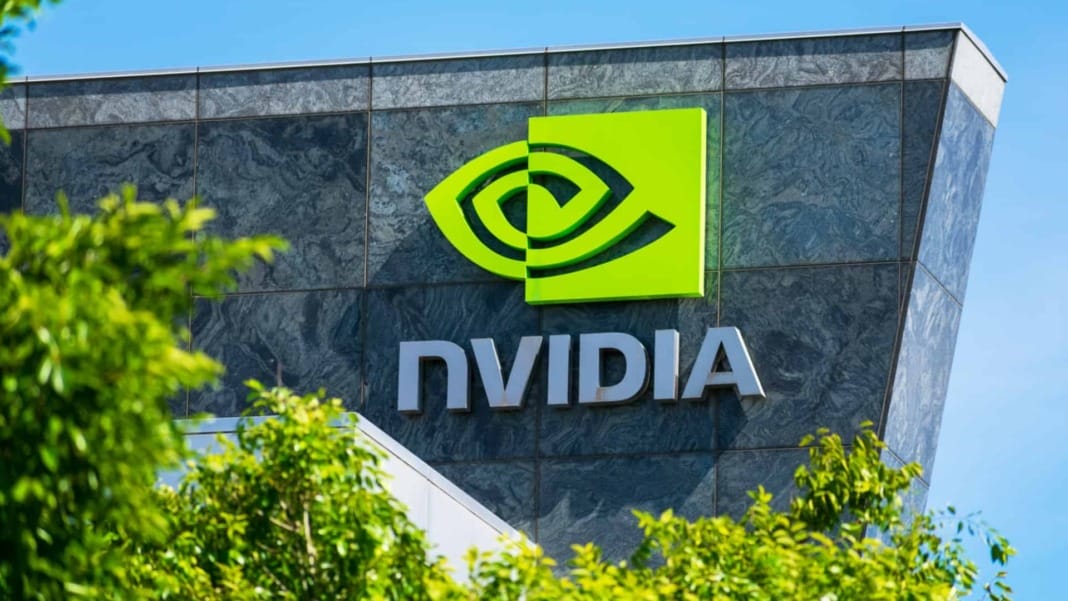Nvidia, initially known for its gaming GPUs, has now carved a niche in the artificial intelligence (AI) sector, resulting in an unprecedented increase in its market value. Its innovative products, mainly the H100 Tensor Core GPU and A100, have been pivotal in this growth. These purpose-built chips, essential in accelerating AI workloads, are priced between US$25,000 and US$40,000. This innovation led to a 50% increase in Nvidia’s stock this year. Currently, Nvidia boasts a market capitalization of US$1.8 trillion, surpassing industry behemoths Amazon (US$1.76 trillion) and Alphabet, the parent company of Google (US$1.77 trillion), thus becoming the fourth most valuable company in the world.
Examining Nvidia’s potential to climb higher in market value
As Nvidia continues its ascent in the stock market, speculations about its potential to climb higher are rife. The company is now trailing behind Saudi Aramco with a market cap of US$2.0 trillion, Apple at US$2.8 trillion, and another AI-centric company, Microsoft, at US$3 trillion. The anticipation around Nvidia’s following earnings report, scheduled for February 21, is high, especially considering its impressive performance in Q3 2023. During this period, Nvidia reported a 206% increase in revenue compared to the previous year. The AI/data centre division was particularly noteworthy, contributing US$14.51 billion of the total US$18.12 billion in revenue. With the launch of its next-generation AI chip, the HGX H200 Tensor Core GPU, slated for Q2 2024, Nvidia’s dominance in the AI server market, currently estimated at a 60–70% market share by TrendForce, is likely to strengthen further.
The evolving landscape of the AI chip market
The AI chip market, however, is not without its challenges and competitors. The sector is witnessing a growing trend of AI companies venturing into chip development. A notable example is OpenAI, whose CEO, Sam Altman, has called for trillions of dollars in investment for AI chip infrastructure. This vision, which could dwarf the current US$500 billion chip industry, contrasts with that of Nvidia CEO Jensen Huang. While acknowledging the need for more AI infrastructure, Huang argues for a balance between increased production and technological advancements in computing efficiency.
This ongoing debate is set against a global AI chip shortage backdrop, spurring tech giants like Microsoft, Amazon, IBM, AMD, and Google to initiate chip development programs. The question remains: can any of these companies challenge Nvidia’s stronghold in the AI chip market?
Nvidia’s future: Sustaining leadership amid growing competition
Nvidia’s journey from a gaming GPU manufacturer to becoming the fourth most valuable company globally highlights its strategic innovation and market adaptation. With the company’s following earnings report and the anticipated launch of the HGX H200, the tech world is keenly observing Nvidia’s next moves. Will Nvidia continue to lead in AI chip technology, or will the burgeoning competition and divergent strategies in AI infrastructure development reshape the industry’s dynamics?




